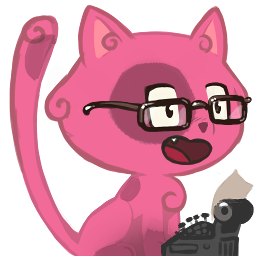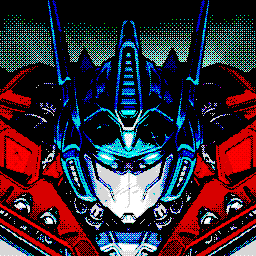Yep, RIP.
I, too, am empathetic of needing to pay for rent, food etc., and Akka has always been basically too good to be true/free, but there’s no chance we can continue to use it at $DAYJOB like this. We had a difficult standing with it already, because lawd forbid, we weren’t building run-off-the-mill CRUD applications in the lowest-common-denominator technology.
It was also basically our argument for using Scala. Scala is excellent. Simpler and more mature than Kotlin. But Kotlin won the popularity contest, so again lawd forbid, someone might have to spend two days reading up on the syntax differences. Basically, because management is scared of programming languages.
With Akka, you had a framework that had a significantly more usable and documented Scala API. For Kotlin, you had to adapt the Java API, which is far more complex and that adaptation is not documented.So, yeah, we kind of don’t have an exit strategy here. Basically having to hope for a fork to magically appear, so we can continue freeloading off of that. Don’t have much of a choice here, unfortunately.
It says IF your company is small then you should be able to use it.
Well, our company isn’t too big, but we’re a supplier for various big companies. So far, my understanding is that our customers would need to buy the license.
If your workplace is shitty like mine and never updates dependencies you could still use it lmao
Erlang OTP is worth mentioning as well. I’d say it’s the gold standard for actor frameworks.
deleted by creator
What’s Akka?
It’s a prominent framework for basically implementing distributed applications in JVM languages (Java, Scala, Kotlin etc.).
It contains an implementation of the actor pattern (a more sophisticated, but long-term simpler way of doing multi-threading), clustering of distributed applications, data streaming and more.
Basically, if you want to write a production-ready distributed application, you currently use either Akka or Erlang (which is a whole separate programming language).
Then move away from them.
Tldr why they did it?
I guess they figure they can make more money off it this way, I have doubts myself.






